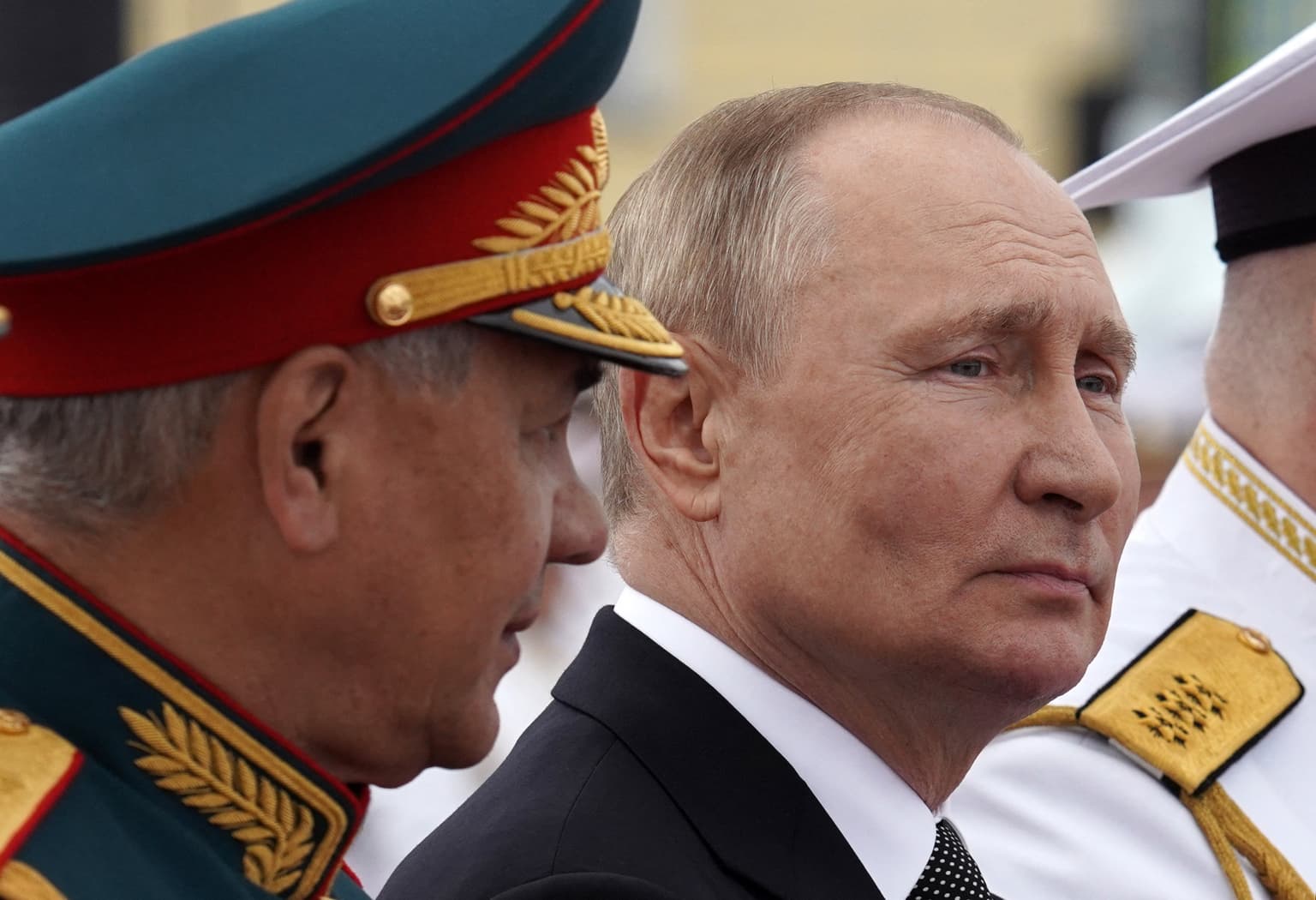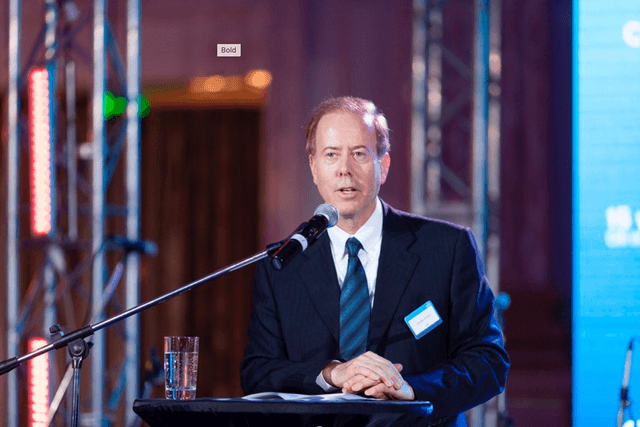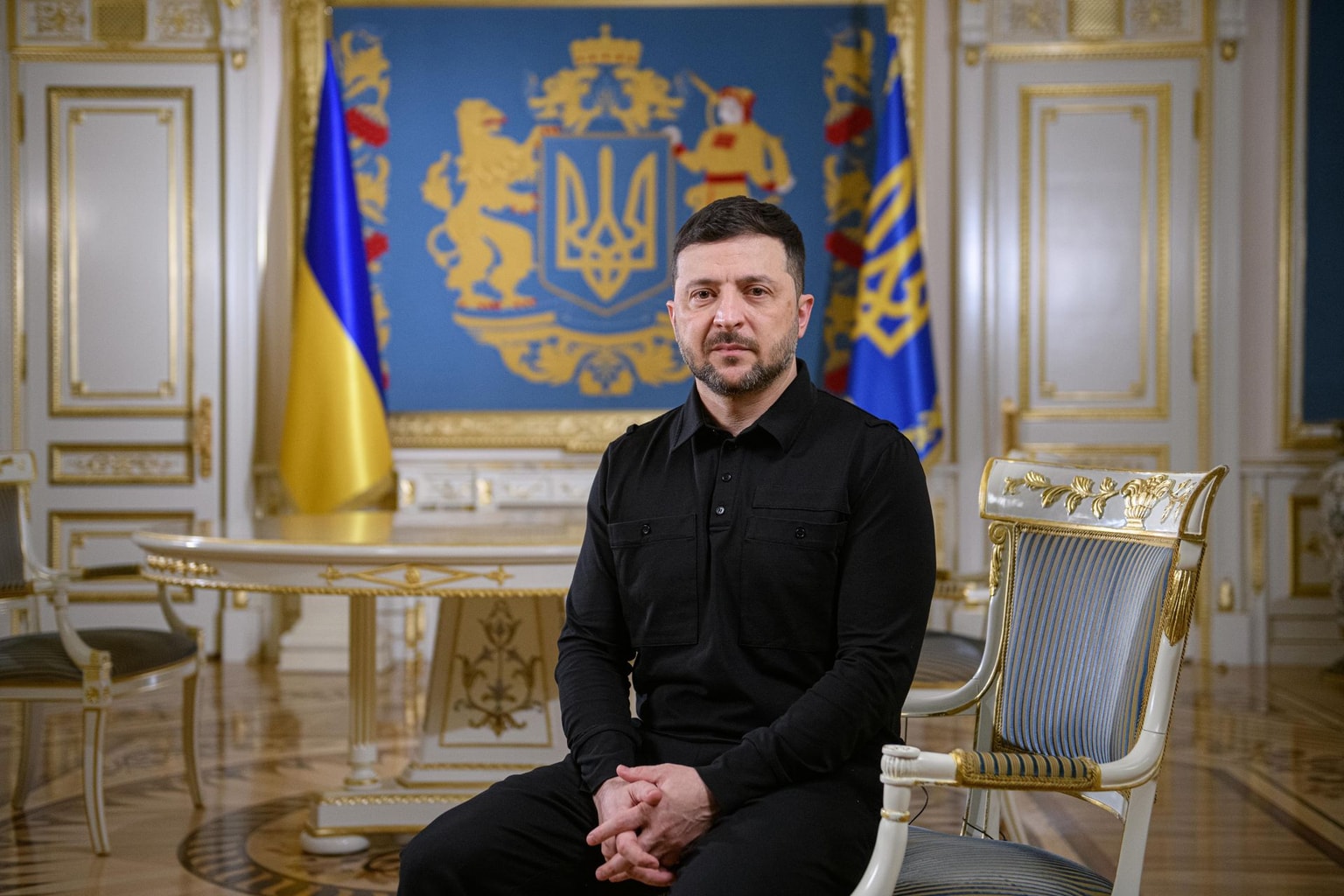Editor's Note: The opinions expressed in the op-ed section are those of the authors. They do not purport to reflect the opinions of the Kyiv Independent.
From The New York Times:
The behavior of the Russian troops… presents the picture of a man in about his lowest degradation… Here an entire army either refused to obey the orders of its officers to advance against the enemy, or deserted and fled before the enemy approached, leaving guns, ammunition, immense stores of material of war to fall into the hands of the Germans, and shooting down comrades who attempted to check its flight. This is unsurpassable degradation, because these creatures had lost all sense of shame…
A fresh report from the front line in Donbas? Not exactly.
Above is an excerpt from a New York Times article detailing the failure of the Russian offensive against the Imperial German Army in western Ukraine in July 1917.
Please replace “Germans” with “Ukrainians” and watch history repeat itself.
Russia suffered great losses in World War I. In the summer of 1917, the Russian Provisional Government’s War Minister Alexander Kerensky believed a Russian military victory would restore the country’s morale and gain much-needed popular favor for his tottering administration.
Kerensky ordered a massive military offensive in Galicia (the historical and geographic region spanning what is now western Ukraine and southeastern Poland) against Austro-Hungarian forces at the beginning of July.
The Russian army advanced for several days, but the German army intervened and counterattacked, throwing the Russians back into a headlong, humiliating, and costly retreat. It was the last offensive of the Russian army in the war.
The Bolsheviks wasted no time in taking advantage of the “Kerensky offensive” debacle. They promised peace and pledged to the soldiers of the Russian army that they would no longer need to fight.
We all know what happened on Nov. 6.
Russian President Vladimir Putin’s regime faces a similar fate, albeit not from the Bolsheviks.
Russian soldiers, ragtag, poorly trained, suffering from low morale, abandoned by their corrupt, depleted leadership, face a resolute, increasingly well-armed opponent in Ukraine’s Armed Forces supported by NATO.
Russian soldiers will follow the example of their predecessors over a century ago. At some point, they will refuse to continue fighting and quit Putin’s full-scale war.
Still, this does not mean peace – it may only be the first step.
Russia has destroyed a palpable percentage of Ukraine’s economy and infrastructure. It has inflicted unimaginable human loss and misery.
True peace entails Ukraine’s full reconstruction.
True peace necessitates Russia’s catharsis and purgation of aggression against its neighbors.
True peace requires reconciliation.
A long, difficult, and uncertain road lies ahead. Sadly, we may not be in great suspense about where this road may lead at this time, but what may the future hold?
Time will tell whether Putin can extricate himself from the criminal morass he has created, or if uncertain political forces in Russia will rise to remove him as the Bolshevik coup d’état did Kerensky.
This may happen quickly (assuming continued Ukrainian counteroffensive actions with further NATO support) or take longer.
The next salvo in this critical battle, however, will emanate from the cry of Russia’s soldiers to return home.










